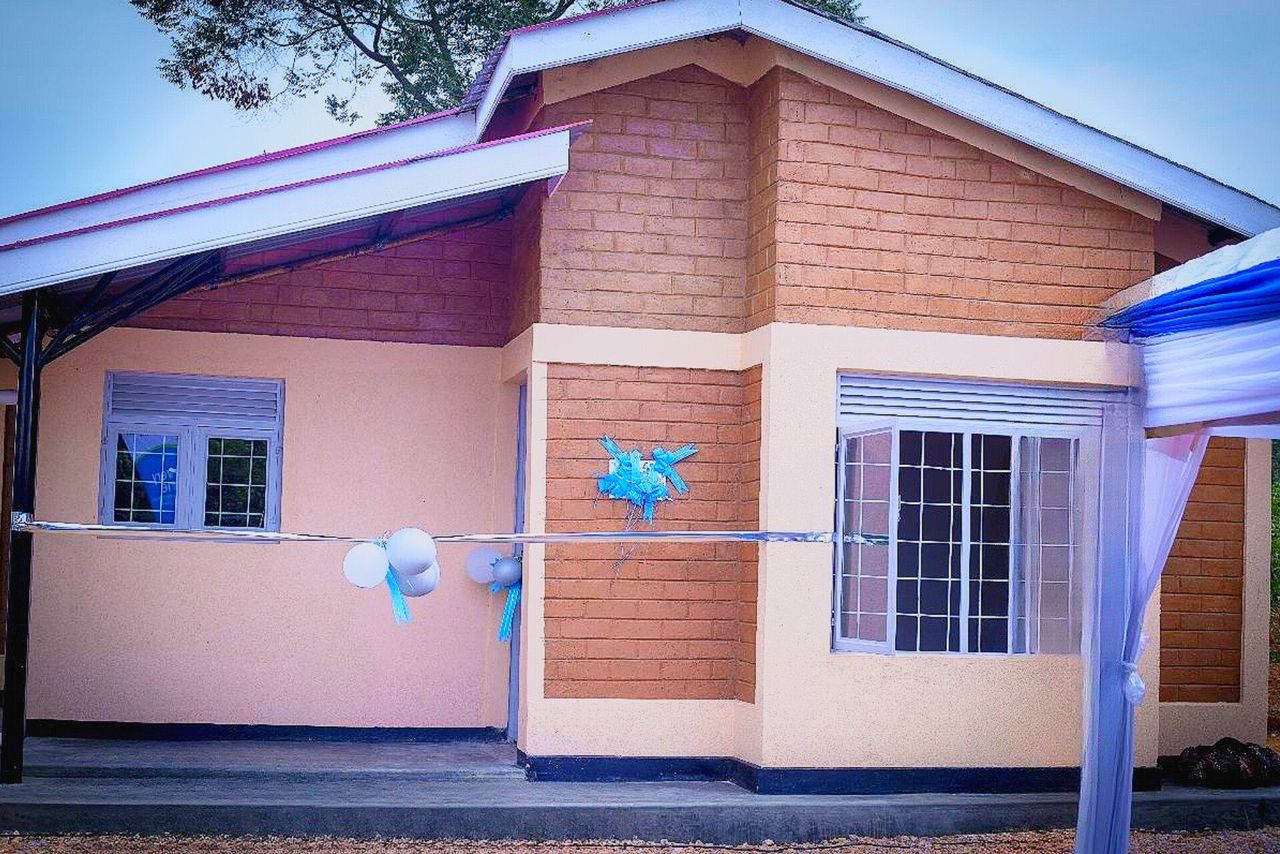OutToLunch: Extended infrastructure will lead to affordable housing in urban areas
By Denis Jjuuko
The community in Wakiso is stuck with three children whose father abandoned after failing to clear rent for nine months totaling to Shs630,000 or approximately US$160. The father woke up one morning and never returned according to an article that appeared in the New Vision newspaper last week. The eldest of these children is nine years old! When contacted on phone, the father said he couldn’t afford to clear the arrears, the newspaper further reported.
As this story was unveiling, the Uganda National Roads Authority (UNRA) posted on its X (formerly Twitter) handle of the ongoing asphalting of the Buwaate-Najjeera Spur as part of the construction of the Kyaliwajjala-Matugga Road. Buwaate had become famous for dust and social media trolling for those who live in this part of the ever-expanding Kampala. Buwaate is about 15km from the main post office in Kampala’s central business district.
Since the construction of the road commenced in Buwaate, landlords have been licking their lips with glee in anticipation of increased incomes from their properties. Politicians will claim it is their ability to lobby that led to the construction of the road as they campaign for votes in the 2026 general elections. The construction of a road changes everything in this part of the world, an indicator of how far we need to go to achieve some elusive status as a country.
The lack of roads, piped water and electricity is one of the reasons why land is very expensive in greater Kampala and in many other urbanizing areas in Uganda. So, where the roads, electricity and piped water have been extended, property prices go up. In Buwaate, a plot of 50×100 feet or 0.12 decimals is going to nearly double once the road is complete. Landlords will increase rents as people seek to move into this part of the city.
So how does that make land expensive? Because few areas have proper infrastructure, areas that end up getting a road become extremely expensive. Areas that have a bitumen standard road, water and electricity make life easy for those living or planning to settle there. They don’t have to pay much to extend electricity to their homes or suffer fetching water due to lack of access to piped water.
In an area like Buwaate, if a 50×100 feet plot has been selling for Shs70m, it will go to Shs100m or more by the end of this year if it hasn’t gone up already. This means that people who can’t afford there, will now buy further away. Some will sell in Buwaate and look for land in Kalagi or Busiika thereby creating demand in those area. Simple economics teaches us that increased demand leads to increases in prices.
As demand increases in these areas, landlords will increase the price of land and rent too thereby making it difficult for men like that father of Wakiso to afford a decent house for their children.
So, if we want decent affordable houses, what do we have to do? Extend asphalt roads, electricity and piped water to every little part of greater Kampala. Have good hospitals and schools that are affordable in those areas too and have a plan on reliable and affordable public transport.
If we had those everywhere, asphalting a road would cease to be news. It would stop landlords from smiling every time they see a grader in their area. Electricity and piped water would cease to be part of texts in property adverts and promotion campaigns. If there is a good road everywhere, a compactor in an area wouldn’t lead to increased property prices. Electricity poles or trenching earth for piped water wouldn’t lead to abnormal increases in prices.
People would easily live in Kiringente in Mpigi town or Namagunga near Lugazi and still be at their desks at 8.00am on Kampala Road.
Greater Kampala isn’t a very big area where the government can’t do this kind of work. The Buwaate-Najeera Spur that is causing all sorts of excitement is just 5km long. The Kulambiro Ring Road that caused much more excitement earlier is approximately 3.5km. Spear Motors to Ntinda is just 2.2km. So, imagine if government constructed just 10km every year in greater Kampala, the price of land would significantly go down thereby making houses affordable.
I have seen some social media posts by the Ministry of Lands, Housing and Urban Development and its partners notably Habitat for Humanity promoting the upcoming annual Uganda Housing Symposium and the theme is on affordable housing. I hope that they can look at how extending infrastructure as mentioned above could solve the affordable housing issue especially in urban areas, obviously one of the most significant challenges our country is facing today.
Children who are worried of a landlord throwing them out of a house will be affected mentally, denying them the ability to develop to their full potential. In fact, they would also be suffering physically as well.
The writer is a communication and visibility consultant. djjuuko@gmail.com










